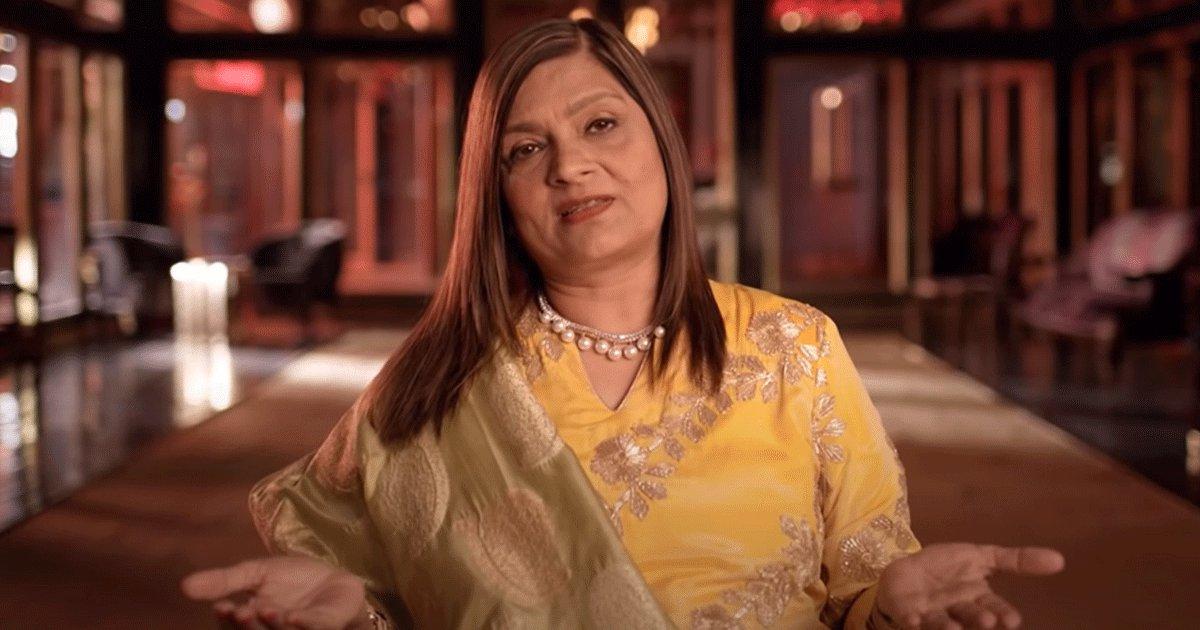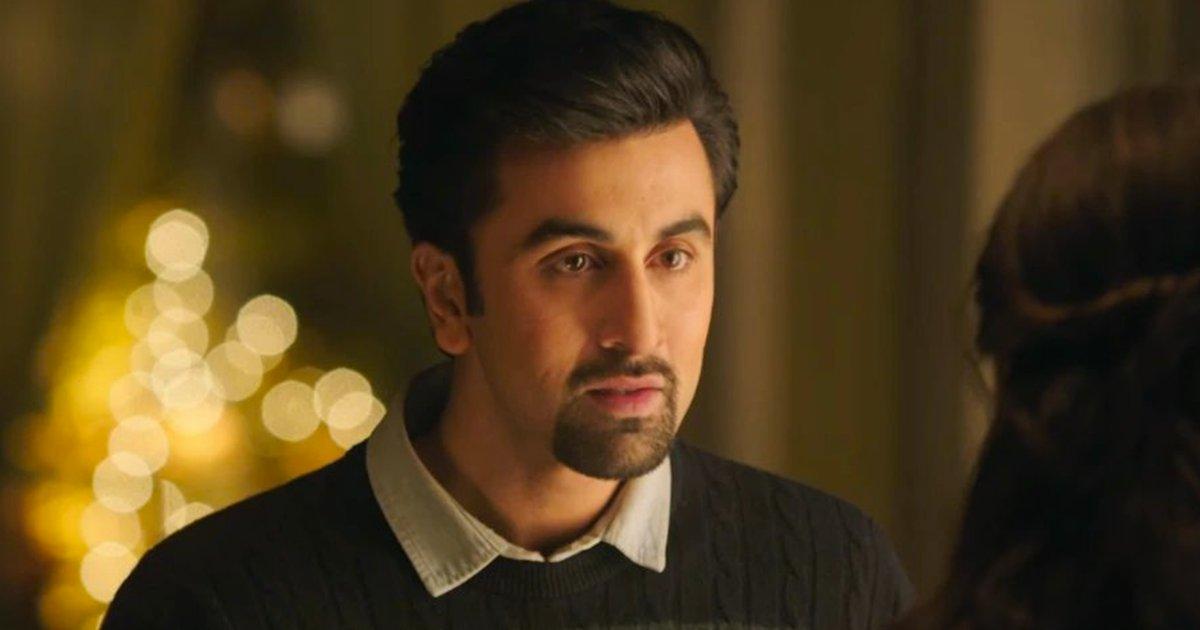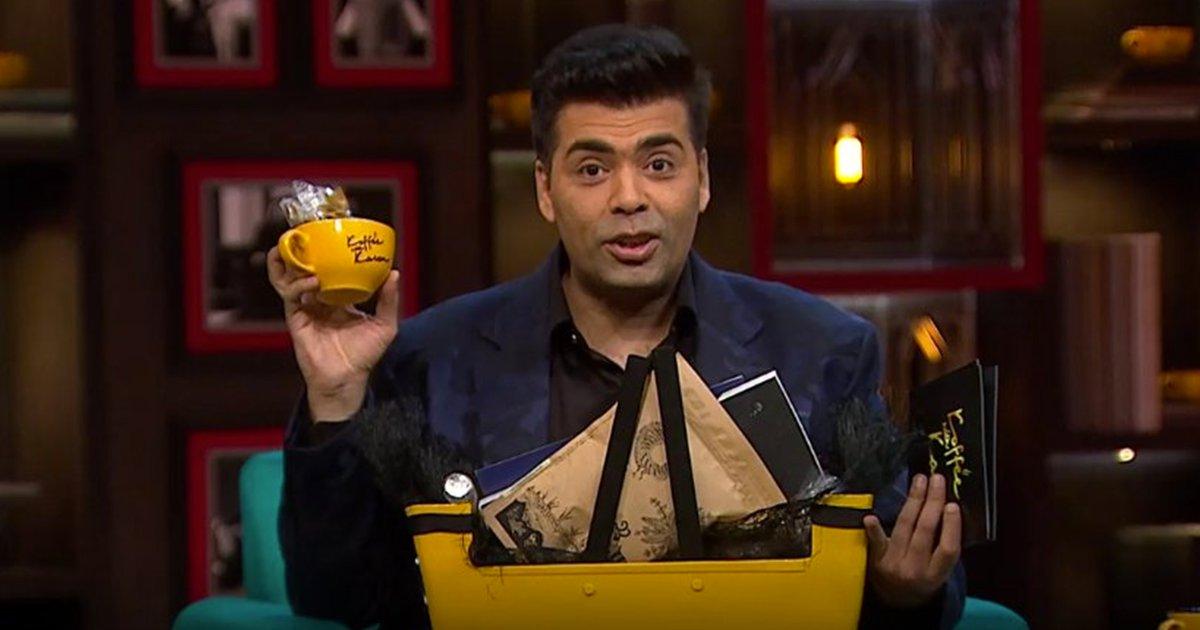World War II was one of the worst chapters in mankind’s history. Widespread destruction prevailed all over the earth, resulting in the deaths of millions of people. After the war ended, there were military trials held in Germany (Nuremberg Trials) and Japan (Tokyo Trials), where the leaders of these countries were prosecuted for their war crimes.
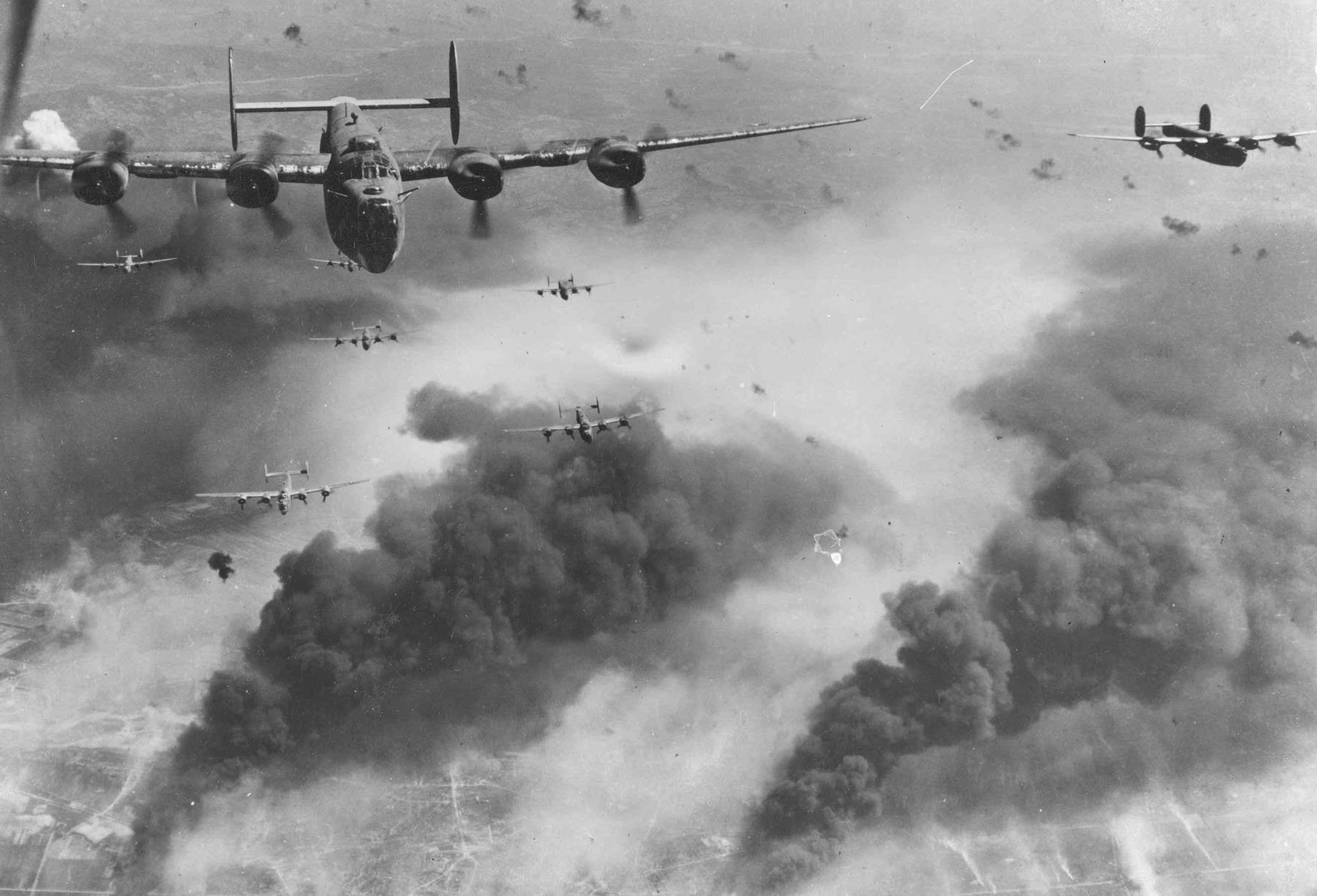
In many of these trials, judges were called from all over the world to give their verdict. Although most of the world was convinced that the Axis powers were the principal perpetrators of horrendous crimes committed against humanity, but there was one Indian judge who begged to differ.
Radhabinod Pal, an attorney from Kolkata was the only one out of 11 Allied justices who handed down a not-guilty verdict for Japan’s top wartime leaders at the International Military Tribunal for the Far East, popularly known as the Tokyo Trials.
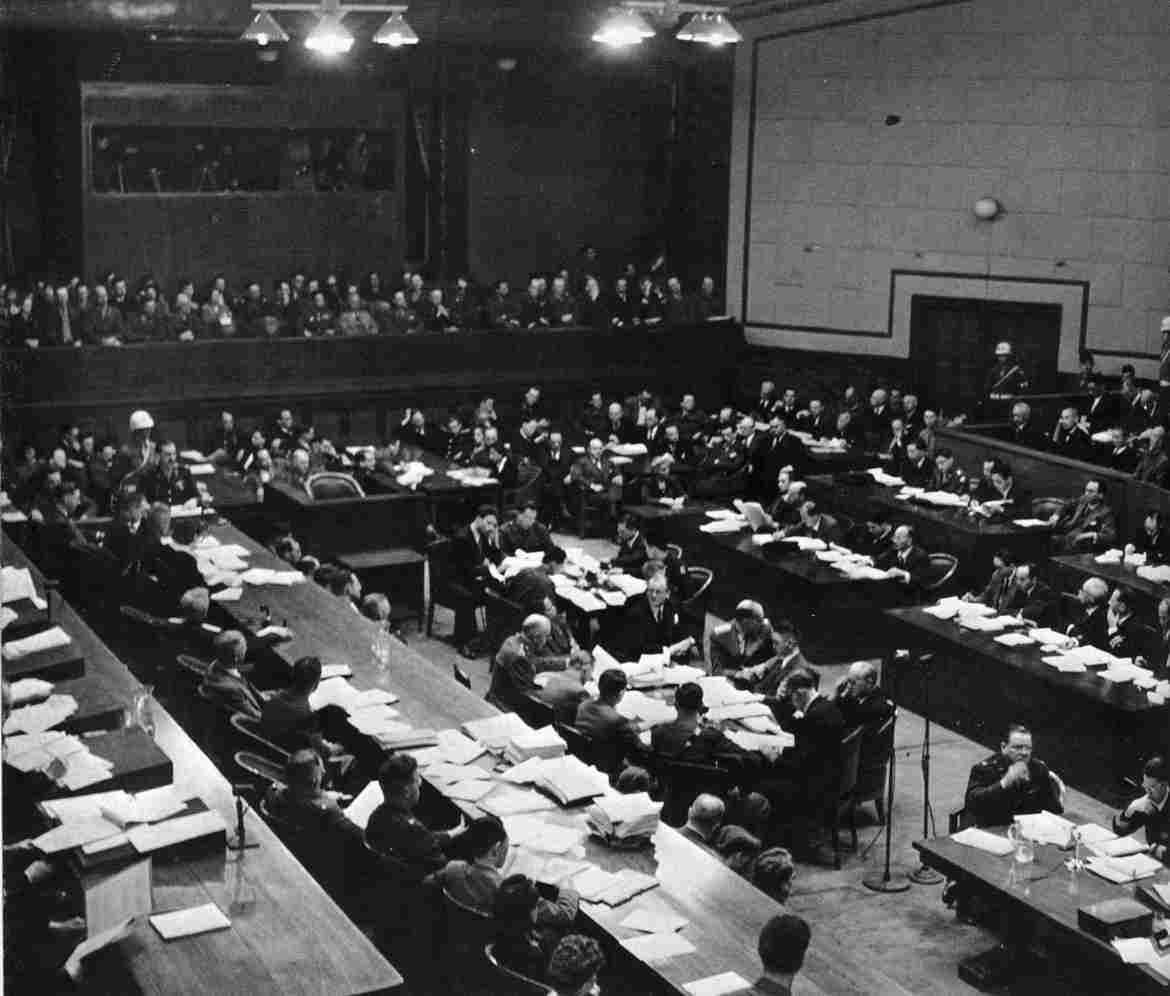
And for this landmark decision, he is still held in high regard all over Japan. Japanese scholars have written books about him and the public broadcaster, NHK, even came out with a 55-minute documentary based on his life in 2007. Radhabinod Pal also has a monument dedicated to himself at the Yakasuni Shrine, Japan’s war memorial.
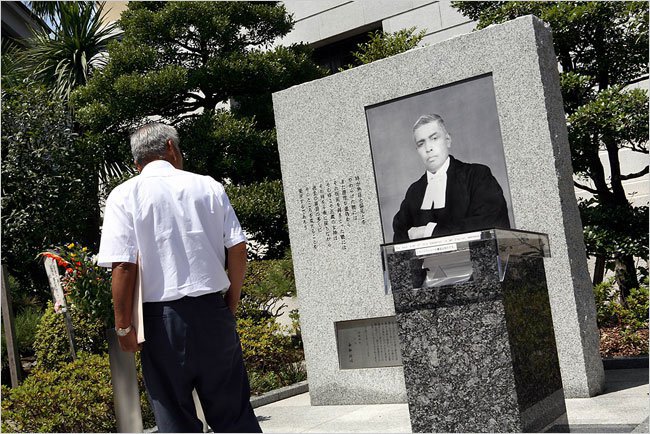
It is only now that people are beginning to know or acknowledge Pal’s stature. Recently his name sprung up in the news because actor Irrfan Khan will soon be essaying his role in a Netflix series on the trial, a story of the struggle to undertake the unprecedented task of ‘trying war as a crime’.
When Japanese Prime Minister Shinzo Abe visited India in 2007, before going to Kolkata to meet Pal’s son, he addressed the Parliament saying,
“Justice Pal is highly respected even today by many Japanese for the noble spirit of courage he exhibited during the International Military Tribunal for the Far East.”
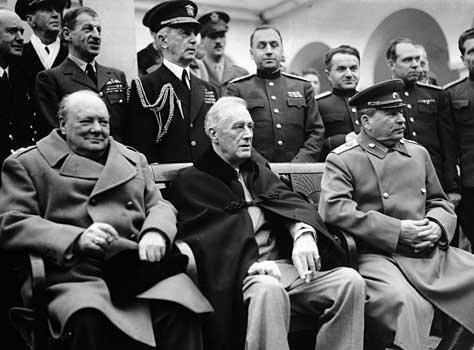
Shinzo Abe isn’t the first Japanese leader to show such respect for the judge. He has, in the past cast doubts over the rationality of the Tokyo trials. Pal’s opinion that Japan did not wage a war but only acted in self-defence, has been upheld by many of Japan’s post-war nationalist leaders, who think of him as a real hero, standing up against the Allied might, who had convinced the whole world that Japan was the most aggressive participant in the war in Asia.
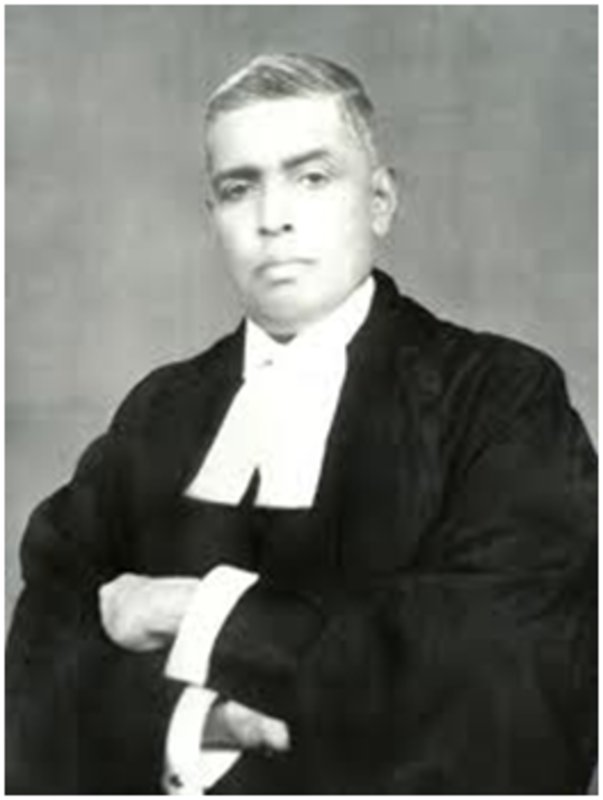
He said that by colonising various areas in the Pacific Rim, Japan had merely aped the western powers. Writing his verdict, Justice Pal wrote,
“I would hold that each and every one of the accused must be found not guilty of each and every one of the charges in the indictment and should be acquitted of all those charges.”
In his view, the atomic bombings of Hiroshima and Nagasaki were the worst crimes committed during the war, comparable with the Holocaust.
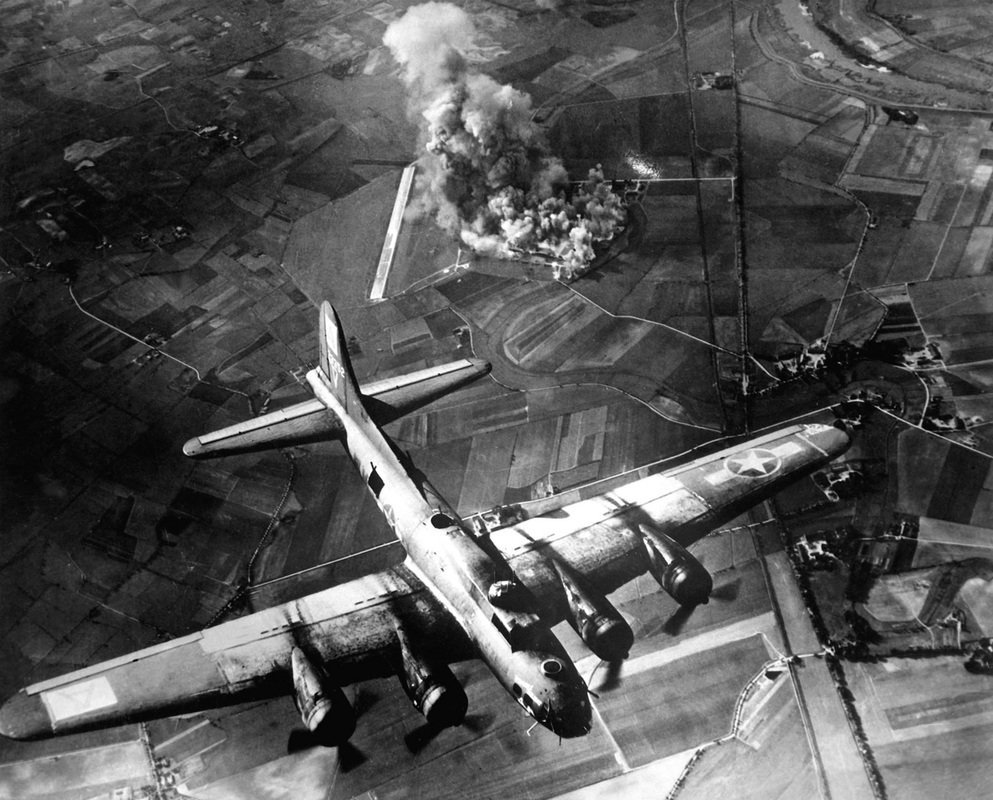
After Americans left Japan in 1952, Justice Pal’s 1,235-page dissent was published for the first time, and since then has been used by scores of Japanese Nationalists to argue that the Tokyo trials were not as valid as they should have been.
Takeshi Nakajima is an associate professor at the Hokkaido University Public Policy School. The author of the book Justice Pal, he says that Pal never intended to go soft on Japan. He spoke very harshly of Japan but wanted equal treatment for the United States as well.
“Pal was very hard on Japan, though he of course spoke very severely of the United States, all imperialist powers were part of the same gang to him. His attitude was consistent.”
This made Pal a national hero in Japan, and they showered him with honours to show what he meant to them. One of his biggest supporters was Nobusuke Kishi, Shinzo Abe’s grandfather, suspected to be a Class A criminal but was never charged, who also is a former Japanese Prime Minister.
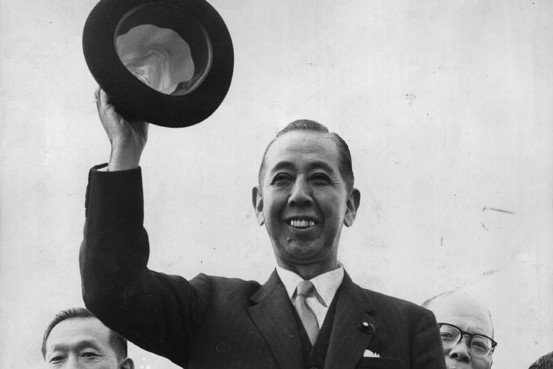
By the very nature of a war, the side that wins is automatically portrayed as the good side. It is, thus, imperative to hold the winners accountable for their misdeeds too, because there’s no doubt they’d have committed some too. By conducting the Nuremberg and the Tokyo trials, the Allied powers succeeded in creating a great opinion about themselves. The Axis leaders who were responsible for the major massacres were given the toughest sentences, and this convinced the world that the people punishing them are the good people.
Standing up against all his colleagues and the mighty Allies, Justice Pal showed exemplary courage in telling the world that when there is a war, no side is the good side.



































